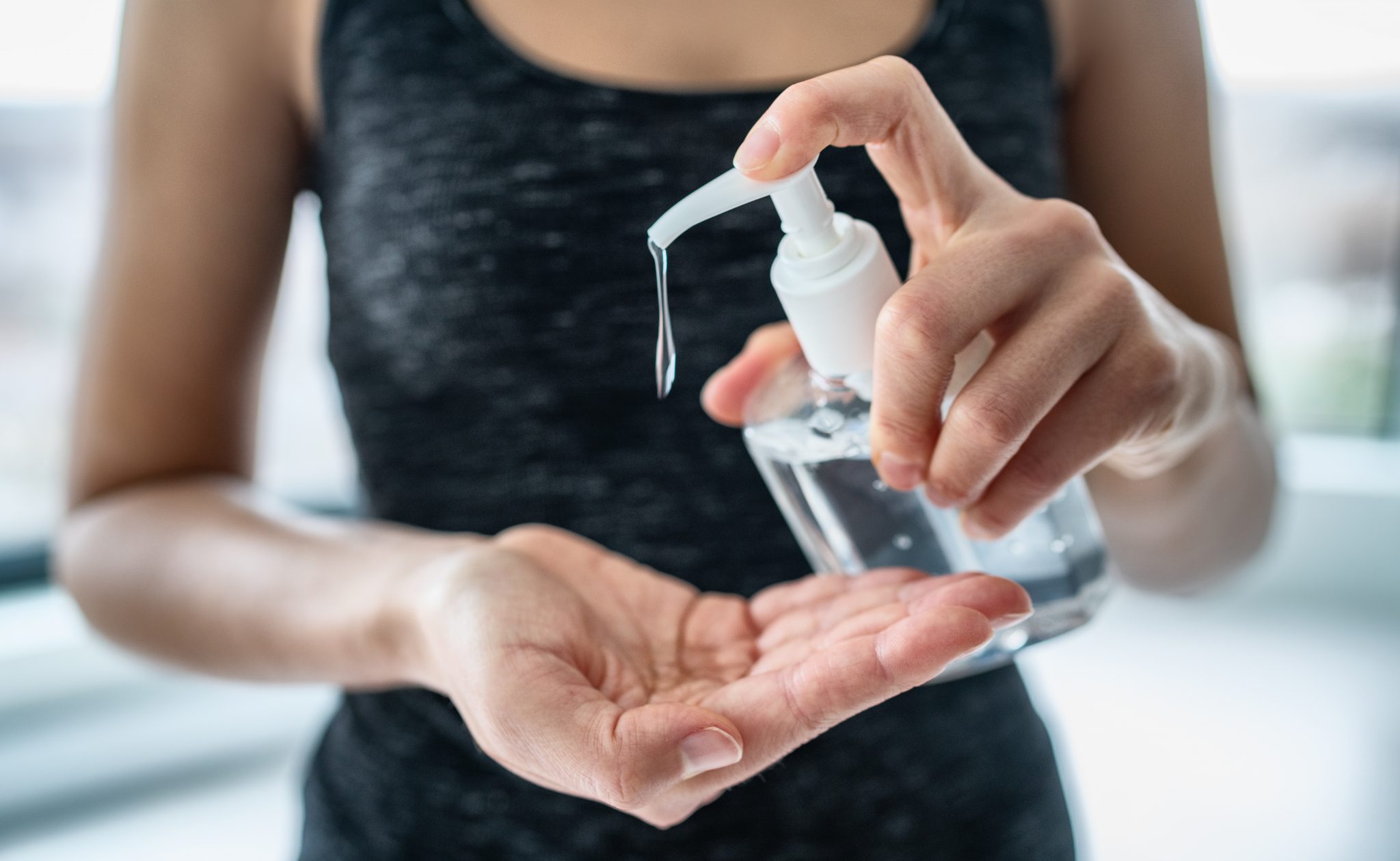Filing a Lawsuit for a Recalled or Defective Hand Sanitizer

With the COVID-19 pandemic came a variety of shortages. Toilet paper, cleaning products, and other household items were low in stock for months as consumers scrambled to buy extra supplies. The demand led many stores to put quantity limits on purchases to help prevent hoarding and extend the time of their inventory. During this time, one of the most in-demand products was hand sanitizer, and for months, it was extremely difficult to find without significant price gouging. To help provide enough to go around, many manufacturers got the go-ahead from the U.S. Food and Drug Administration (FDA) to make their own hand sanitizers under more lax federal regulations. And while it helped keep the products on the shelves during the pandemic, the influx of companies producing hand sanitizers led some consumers to unknowingly purchase dangerous and sometimes life-threatening products.
The FDA’s Temporary Regulations on Hand Sanitizers
To help meet the demand for hand sanitizer during the COVID-19 pandemic, the FDA offered some flexibility with regard to its regulations. In March 2020, the FDA issued two temporary “non-binding” policies for preparing and compounding alcohol-based hand sanitizers. In both policies, the FDA admits that it implemented the guidance to manufacturers prior public comment or participation. In addition, the Agency noted that that the guidance documents generally “do not establish legally enforceable responsibilities.” Instead, they offer “the Agency’s current thinking on a topic and should be viewed only as recommendations, unless specific regulatory or statutory requirements are cited. The use of the word should in Agency guidances means that something is suggested or recommended, but not required.”
Among several temporary regulation adjustments, the policies offer flexibility with respect to sourcing the alcohol used and the levels of certain impurities present in their hand sanitizer products. Unfortunately, some products hit store shelves that put people at serious risk.
Months of Warnings About Dangerous Hand Sanitizers and Recalls
Soon after publishing its temporary policies, the FDA issued several warnings about certain hand sanitizers and asked several manufacturers to pull their products from stores. In June 2020, the Agency alerted consumers about hand sanitizers manufactured by Eskbiochem SA de CV in Mexico. Eskbiochem’s products, the FDA warned, could contain methanol, or wood alcohol, a substance that can be toxic when absorbed through the skin and life-threatening when ingested.
Days later, the FDA noted a “sharp increase” in other hand sanitizers labeled to contain ethanol but that tested positive for methanol. The warning came amid reports of adults and children who had ingested hand sanitizer products contaminated with methanol, some of whom died, suffered from blindness, and required hospitalization.
The FDA later warned about 1-propanol contamination in hand sanitizers that are labeled to contain ethanol or isopropyl alcohol. The Agency alerted the public of another manufacturer in Mexico, Harmonic Nature S de RL de MI in Mexico, that was producing toxic hand sanitizer products.
Contamination has not been the only issue the FDA has warned about regarding hand sanitizer. The Agency also alerted consumers to alcohol-based hand sanitizers packaged in containers that make them look like food or drinks, such as beer cans, food pouches, water and juice bottles, and vodka bottles. Some hand sanitizer products even contained food flavors. But any kind of hand sanitizer can be extremely dangerous to a person’s health when ingested.
What to Do if You Got Sick from Hand Sanitizer
Generally, when consumers use a defective or otherwise dangerous product and gets hurt, they can file a lawsuit to seek financial compensation for their damages. However, since the FDA is involved, victims face significant (if not impossible) hurdles if they want to hold the Agency accountable for its lax regulations on the manufacture of hand sanitizers that led to illness or injury. That’s because the FDA has immunity from civil liability in most situations. So, consumers who were hurt by a dangerous hand sanitizer may need to face the product manufacturer, seller, or someone else responsible to seek a monetary recovery.
After getting appropriate medical care, the best thing victims can do is contact an experienced product liability law firm if they believe their hand sanitizer made them sick. An attorney can investigate the situation, determine if there was a recall or warning, and get answers. Then, the next step would be to identify all possible defendants, insurance companies involved, and the potential value of the victim’s claim. It’s difficult road to face alone, but a skilled lawyer will substantially increase an injured person’s chance of obtaining the most compensation possible.
If you believe your hand sanitizer made you ill, we welcome you to contact Gay Chacker & Ginsburg for a free, no-obligation consultation to learn about your rights and taking legal action.








